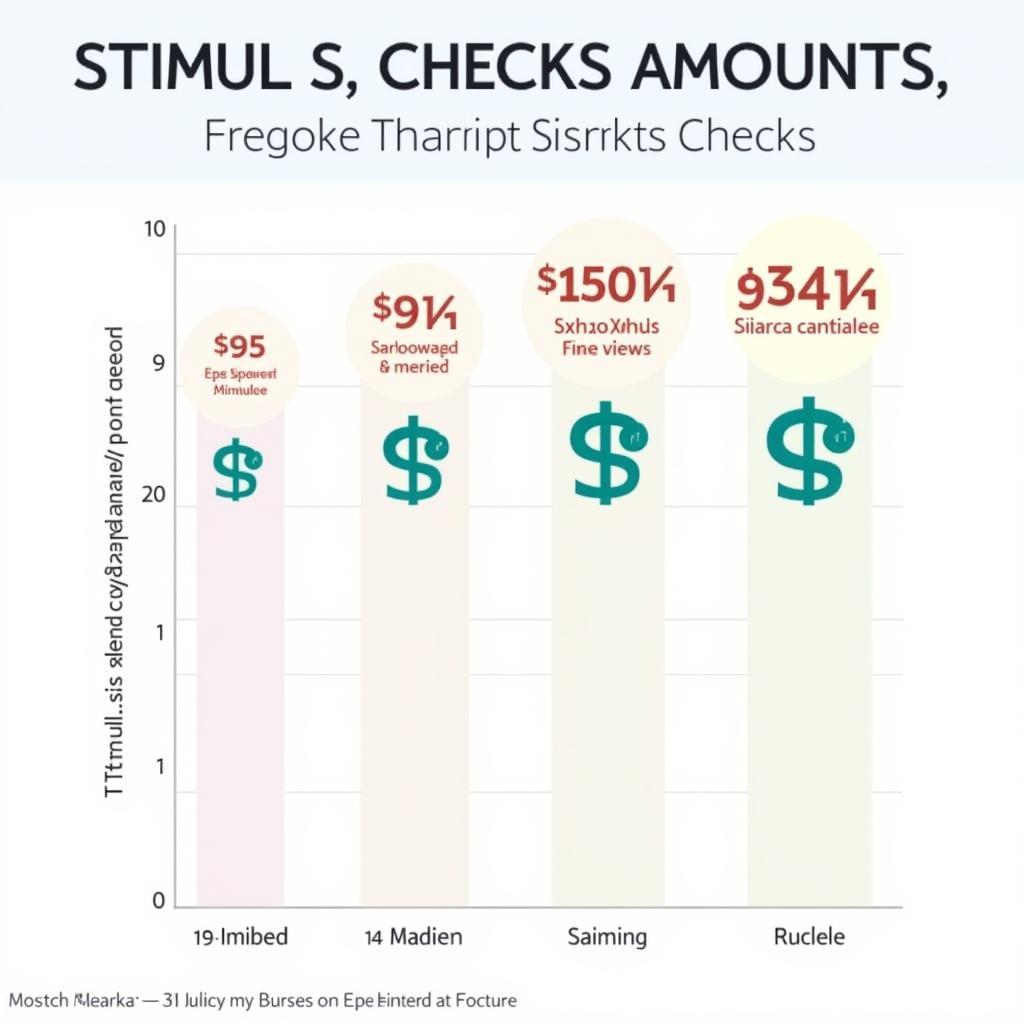The CARES Act, passed in March 2020, authorized the IRS to issue Economic Impact Payments (EIPs), commonly known as stimulus checks, to provide financial relief to Americans during the COVID-19 pandemic. These payments were crucial for many individuals and families facing economic hardship. Understanding the details of these stimulus checks, including eligibility criteria and payment amounts, can be helpful for tax purposes and financial planning.
 People receiving CARES Act stimulus checks
People receiving CARES Act stimulus checks
Who Was Eligible for a Stimulus Check?
Eligibility for the CARES Act stimulus checks depended on several factors, including income, tax filing status, and citizenship status.
- Income Limits: The full payment amount was available to individuals with adjusted gross incomes (AGIs) up to $75,000 and married couples filing jointly with AGIs up to $150,000. The payment amount was gradually reduced for individuals with higher incomes, phasing out completely at $99,000 for individuals and $198,000 for married couples filing jointly.
- Tax Filing Status: To receive a payment, individuals needed to have a valid Social Security number and be claimed as a dependent on someone else’s tax return.
- Citizenship Status: U.S. citizens, resident aliens, and qualifying resident aliens were eligible for payments.
 Chart displaying stimulus check amounts based on income
Chart displaying stimulus check amounts based on income
How Much Were the Stimulus Checks?
The amount of the stimulus checks varied depending on income and the number of dependents.
- Individuals: Eligible individuals received up to $1,200.
- Married Couples: Married couples filing jointly received up to $2,400.
- Dependents: Families received an additional $500 for each qualifying child under 17.
How Were Stimulus Checks Distributed?
The IRS primarily used information from taxpayers’ most recent tax returns to determine eligibility and distribute payments.
- Direct Deposit: Individuals who provided bank account information on their tax returns received payments via direct deposit.
- Mail: Payments were mailed in the form of checks or prepaid debit cards to those who did not provide bank information or were not required to file taxes.
What If I Didn’t Receive My Stimulus Check?
If you were eligible for a CARES Act stimulus check but did not receive it, you might be able to claim the Recovery Rebate Credit on your 2020 tax return. This credit allowed eligible individuals to receive any missed stimulus payment amount when they filed their taxes.
Understanding the CARES Act Impact
The CARES Act stimulus checks provided essential financial assistance to millions of Americans during a time of unprecedented economic uncertainty. While the immediate impact of the pandemic has subsided, understanding the details of these payments remains important for tax purposes and financial planning. For any questions regarding your stimulus check or other tax-related matters, consult a qualified tax professional.

Leave a Reply